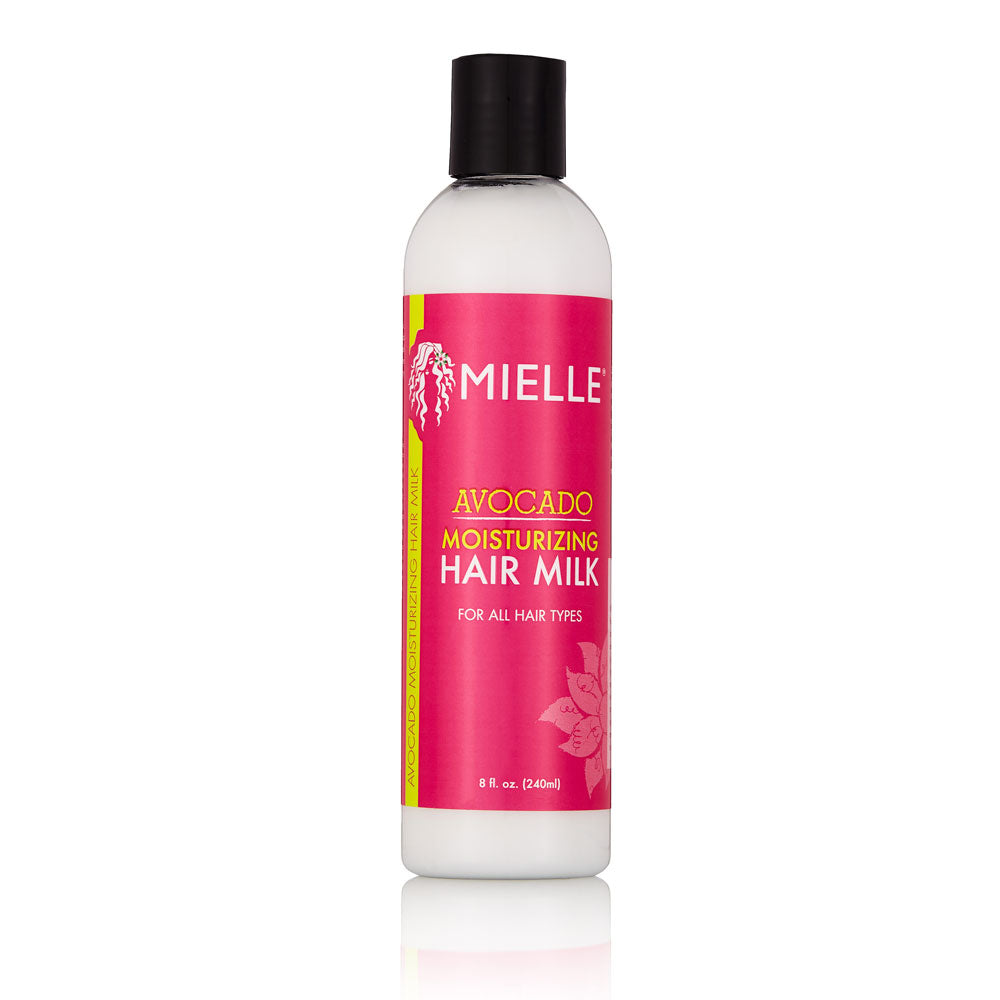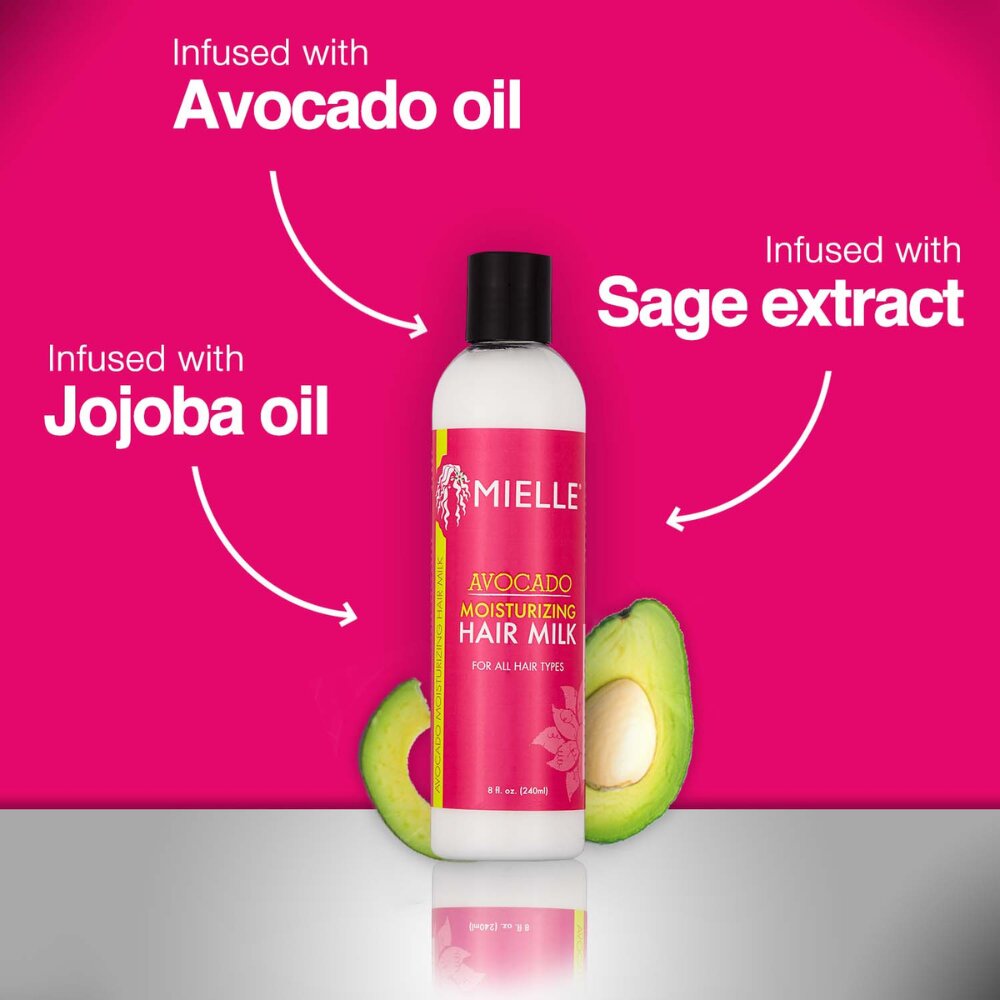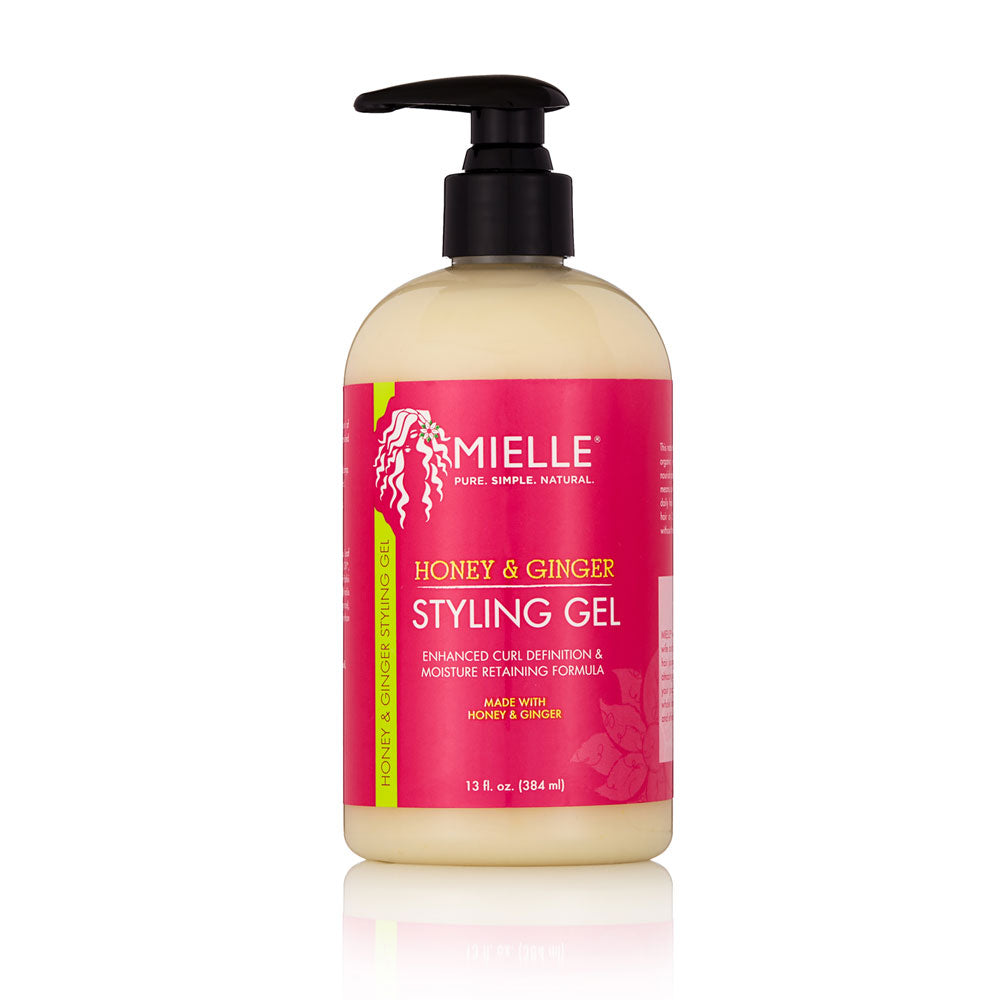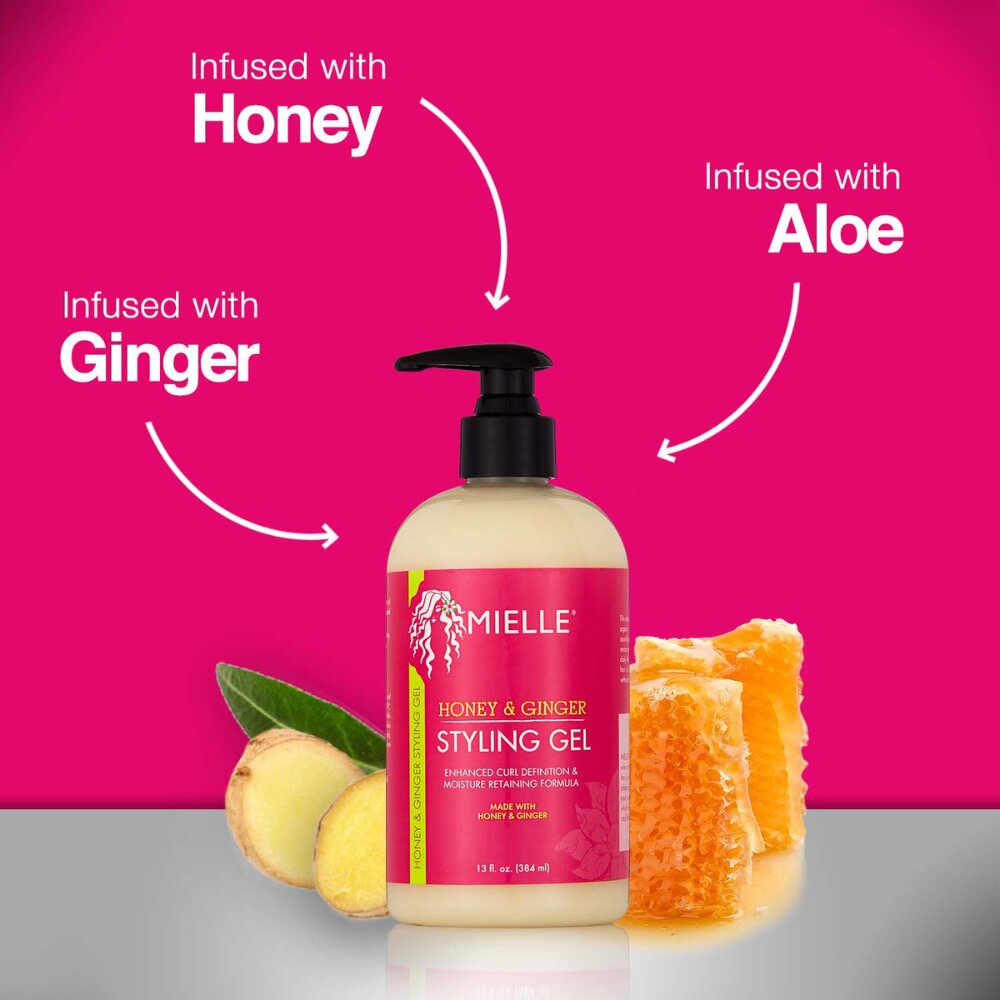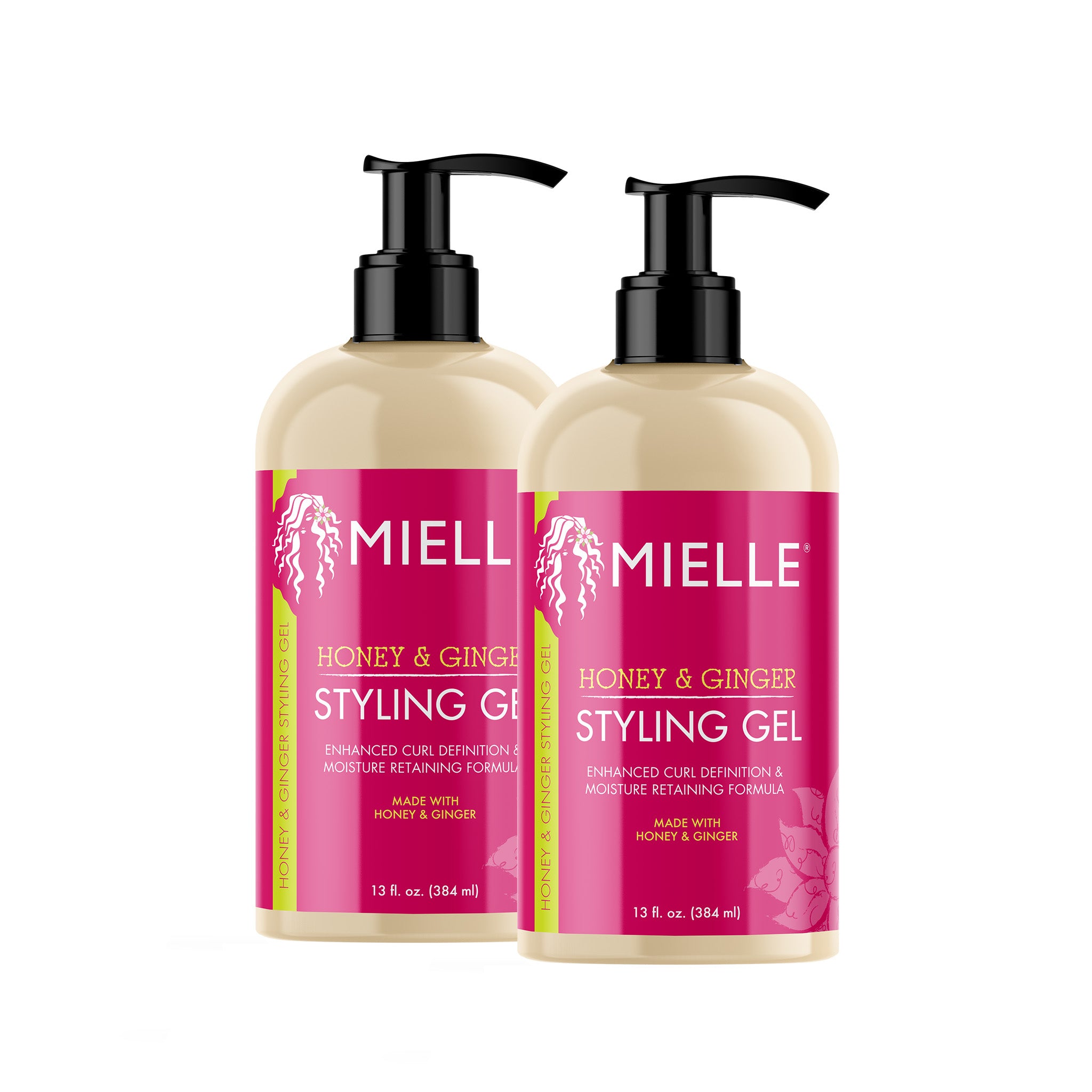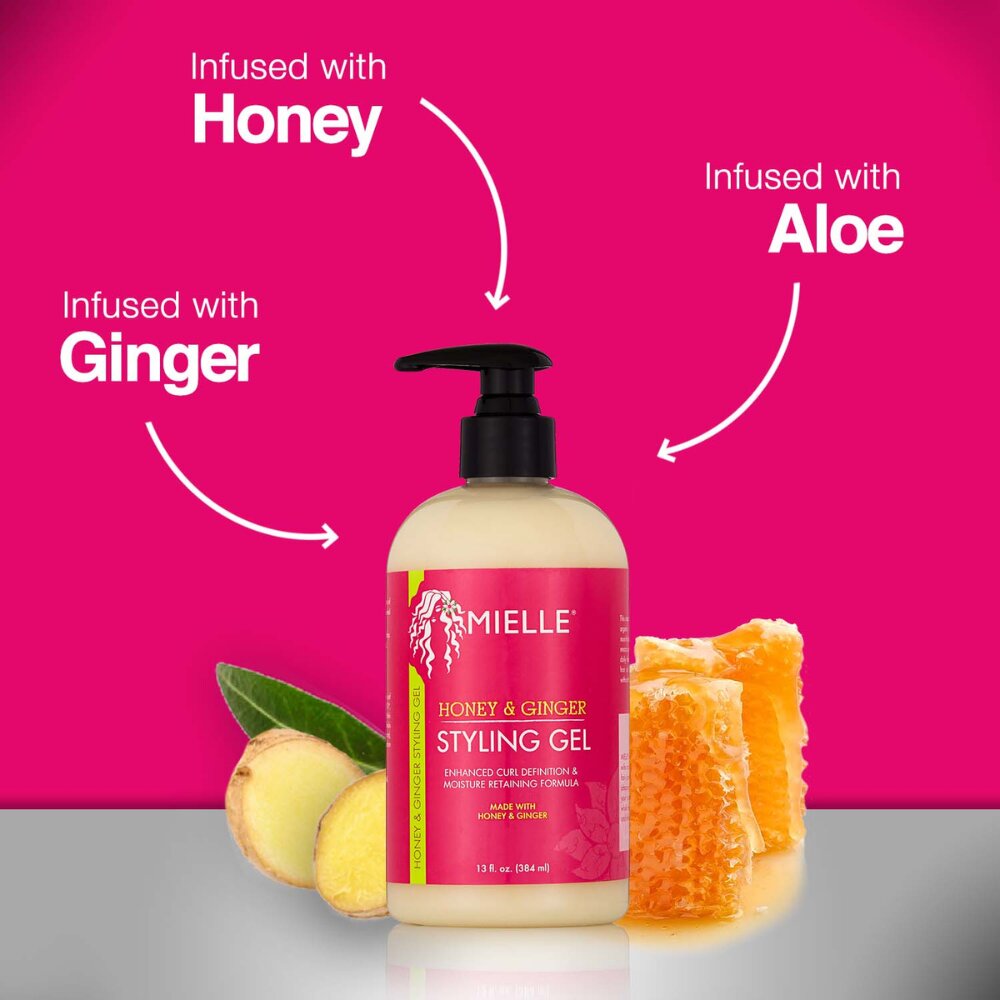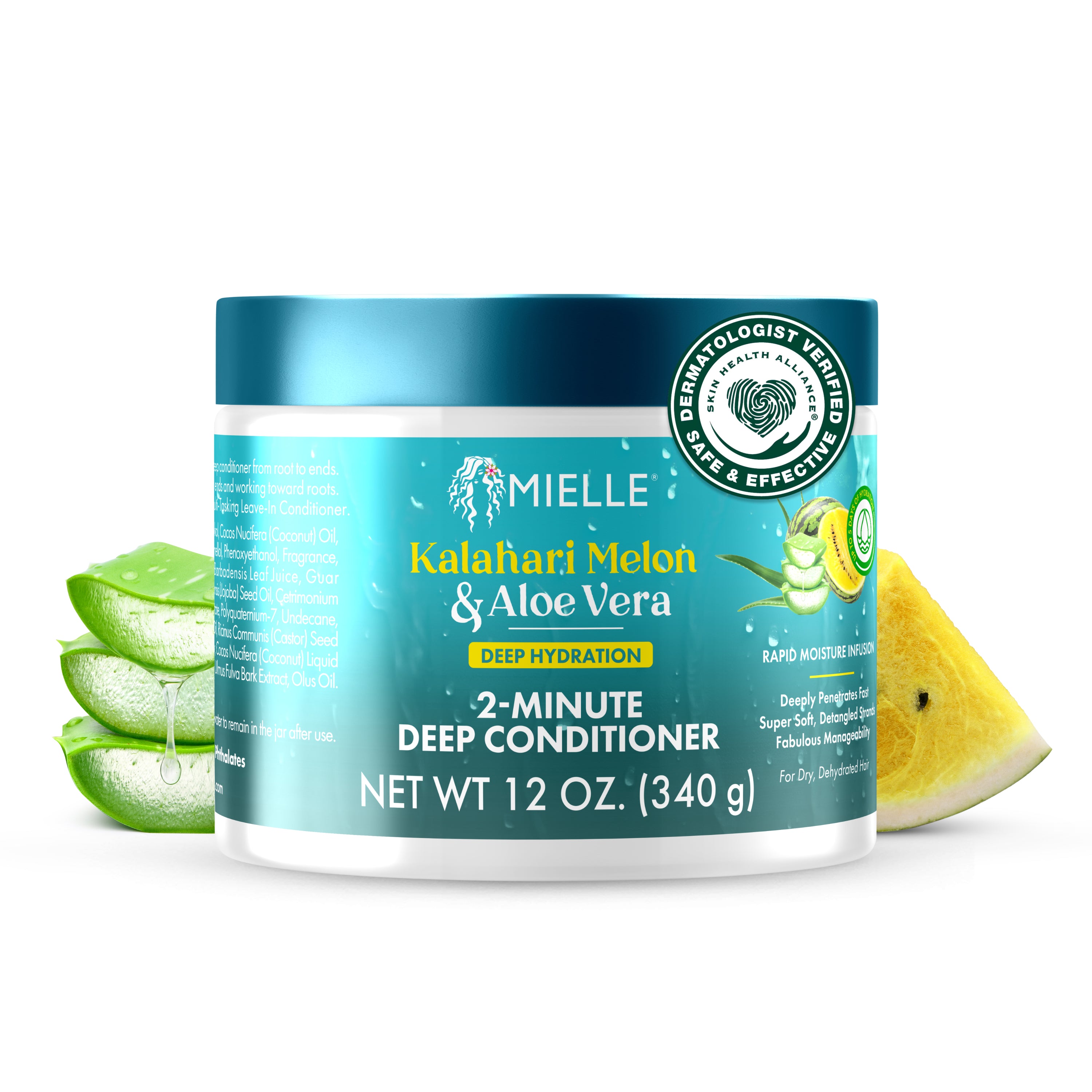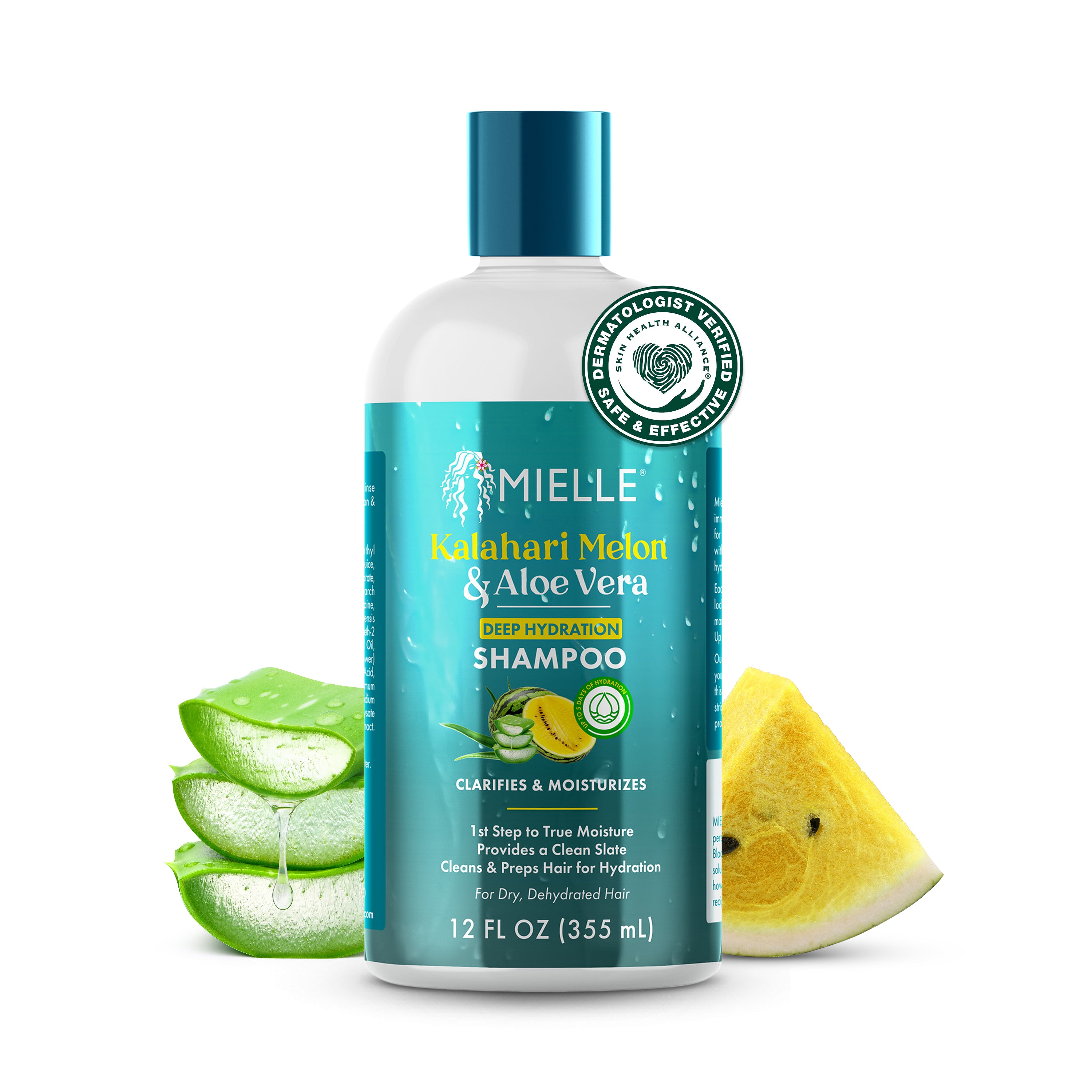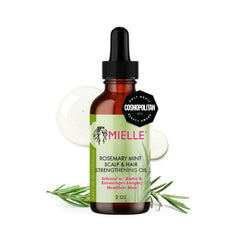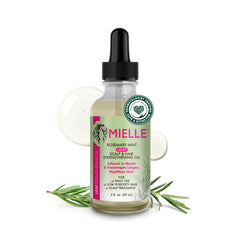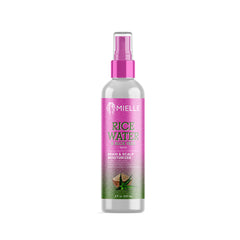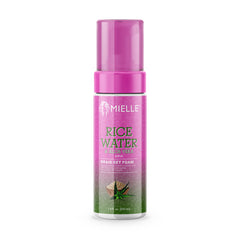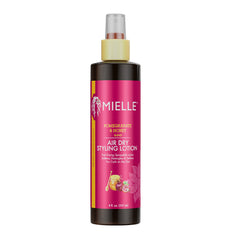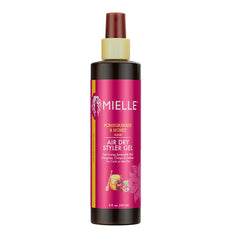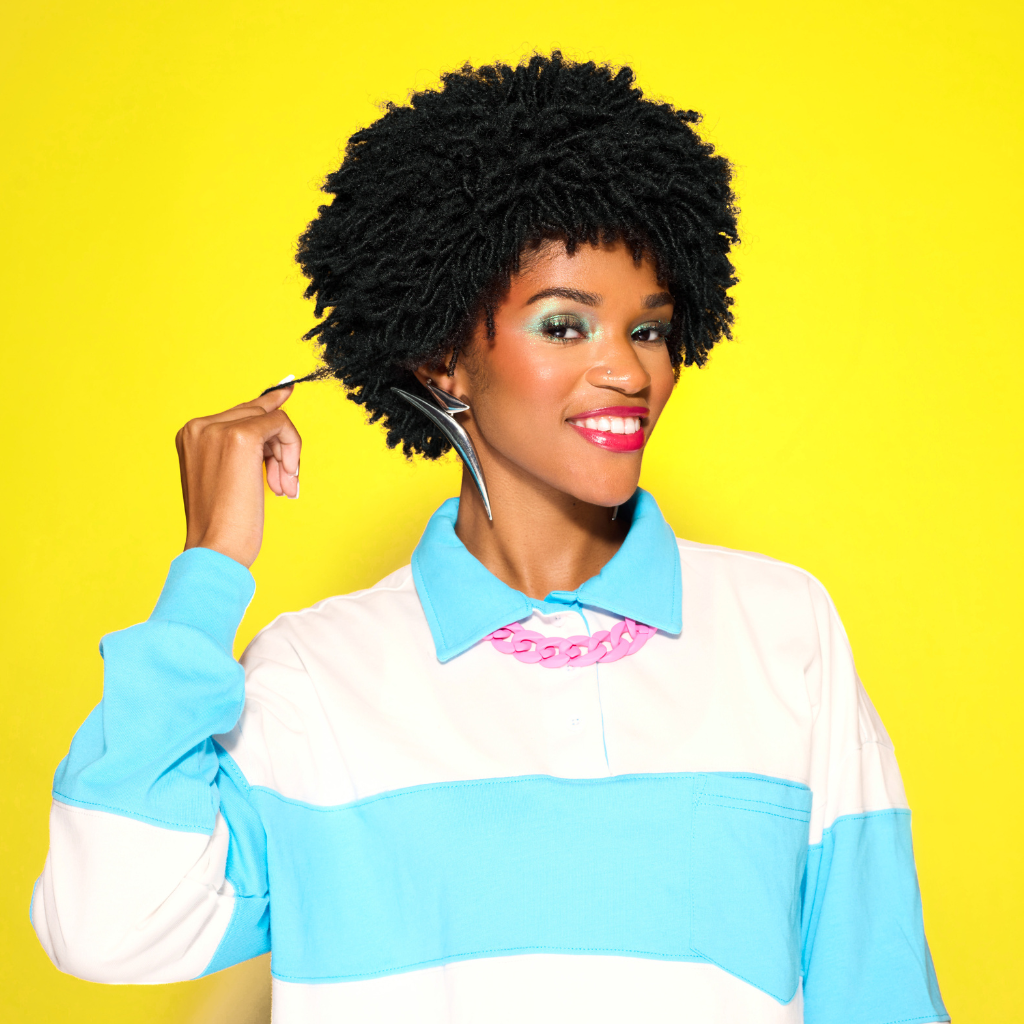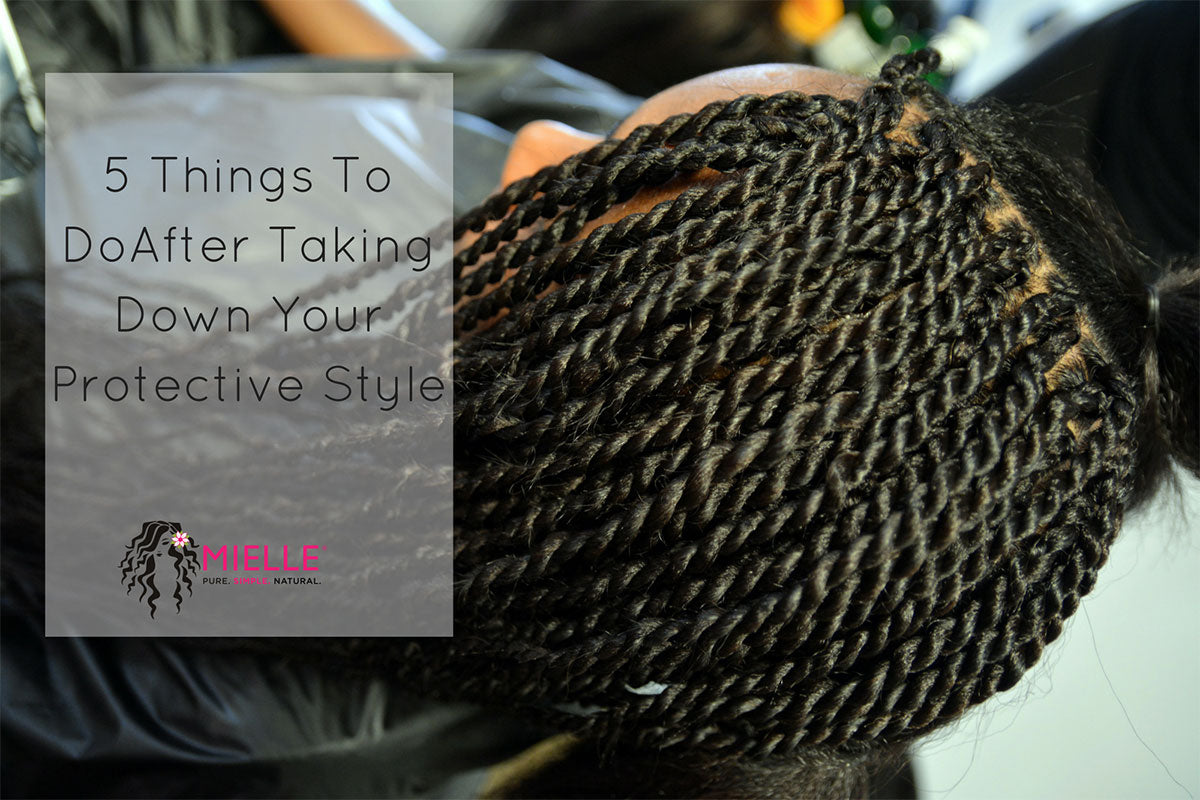By Toia Barry
Wondering about the difference between dandruff and dry scalp? Dandruff and Dry Scalp are similarly related,but there are some key differences. There are some overlapping characteristics and symptoms but have underlying differences and causes. Many people think that they don't have to treat their scalp, but taking care of the scalp is important to hair health and overall hair health. Understanding the differences between them will help you treat it and help you achieve your hair goals. To discover how to spot their different symptoms, causes, and how to properly care for your scalp, keep reading.
What is Dry Scalp?
Dry scalp is a condition when your skin on the scalp doesn’t have enough moisture and becomes overly dry. Similar to having a dry skin type, when your face doesn’t produce enough oil, it becomes dry. Your scalp is less likely to dry out than other parts of your body or face because of the hair on your head that protects it. Another reason dry scalp isn’t as common is that the hair follicles produce a lot more oil than other parts of your body.
What Causes Dry Scalp?
It’s important to understand what causes dry scalp in order to effectively treat it. When your scalp is not producing enough natural oil, the scalp dries out. This can happen due to:
- Environmental factors
- Your haircare routine or products
- A change in your diet
- Excessive washing
- Genetics
- Skin conditions
What is Dandruff?
Dandruff is a skin condition that produces flakes of skin on the scalp. Dandruff is very common, with about 1 in 5 Americans experiencing this condition.
What Causes Dandruff?
Dandruff flakes are a result of the build-up that occurs on the scalp due to the overproduction of sebum or oil. Learning how to get rid of scalp build-up is one of the most important steps in addressing dandruff.
There is still research being done to understand the underlying causes of this condition, but some potential causes include:
- Sensitivity to hair product
- Stress
- Fungal infection
- Overactive oil glands
- Hormonal changes
- Not washing the hair enough
- Other skin conditions like eczema
Risk Factors
Some additional factors may make you more prone to experiencing dry scalp or having dandruff including:
- Age
Dandruff is most common during the teenage years. However, you can also get dry dandruff later in life. Some people may experience it just throughout their teen years and puberty, and some may have lifelong dandruff.
- Certain Conditions or Illnesses
For example, contact dermatitis is a sensitivity to specific ingredients in hair products that can lead to dry scalp.
- Gender
Ladies, you won't have to worry about this risk factor. If you are a male, then you are at higher risk for experiencing dandruff. Researchers think this is due to the production of natural oils and hormones.
Symptoms
Some overlapping symptoms can occur both in having a dry scalp and dandruff. Here are some common symptoms caused by both:
- Itchiness
- Irritation
- Flaking
- Oily skin
Do I Have Dry Scalp or Dandruff?
Even though they both share some similar symptoms, there are some key factors to identify which one you may be experiencing. You can have dandruff without having a dry scalp and vice versa. Some things you will want to look out for include:
- Size and Color of Skin Flakes: The flakes that appear due to dandruff are larger than flakes due to dry scalp, and can appear yellow or white
- Scalp Condition: If your scalp feels oily, greasy, and is frequently very itchy or irritated, then you likely have dandruff
- Dry Skin: If you have an overall dry skin type then you are likely to experience dry scalp
It’s important to identify these differences since learning how to get rid of dandruff and dry scalp will require different methods.
Treatments
Treating Dry Scalp:
- Wash Your Hair Less Often - Cut back on how often you wash your hair. If you shampoo your hair too much, you will strip it of the natural oils it needs to stay healthy and hydrated. Use warm water, rather than hot water, when washing your hair to not dry out the hair or create dry scalp flakes.
- Mint Almond Oil - Try Mielle’s Mint Almond Oil to help treat the dry, irritated, or flaky scalp. This mint almond oil is a lightweight, natural hair product that seals in moisture. While treating a dry, itchy scalp, this product will also help to reduce breakage. Apply the oil as a part of your hair care routine after wash day, while styling, or on dry hair.
- Coconut Oil - Coconut oil has antifungal properties to prevent any infections or complications in the scalp. It will help to treat dry scalp and irritation, leaving your hair feeling silky and looking shiny.
- Aloe Vera - Aloe vera has anti-inflammatory effects to help manage dryness and irritation due to dry scalp. It is also great for sensitive skin!
- Eliminate Harsh Products - Avoid products that contain alcohol as one of its main ingredients. Alcohol will exacerbate the dryness and irritation of your scalp, which can cause itching and flaky skin.
- Moisturizing Scalp Treatment - A moisturizing scalp treatment is a great way to help manage and treat a dry scalp. Use on natural hair and while your hair is in a protective style- when a dry scalp can be especially irritating. Find relief with just a few sprays.
Treating Dandruff:
- Use a Medicated Shampoo: The ingredients in medicated shampoos will help to treat and manage flakiness and itchiness. Here are some common ingredients to look out for in a shampoo, based on your needs:
- Salicylic Acid: removes scaling from the scalp before it can begin flaking and reduces oil production
- Coal Tar: slows the process of shedding and formation of new skin cells
- Selenium Sulfide: combats fungus and relieves itchiness
- Wash Your Hair More Often: Dandruff is often a result of excess oil on the scalp, so washing your hair more often might be the solution to your problem. Be sure to use a gentle shampoo.
- Eliminate Hair Products: If your condition is more severe, you may need to stop using hair products that might be producing more oil and or irritating the scalp. You can do this by eliminating different products, and noting the condition of your scalp to identify which products may be harmful.
- Tea Tree Oil: Tea tree oil has a natural oil with anti-fungal and anti-inflammatory properties that balance the scalp's moisture. A lot of hair products today include tea tree oil, but if you don’t want to use any, just mix the essential oil into your shampoo bottle and apply it directly to your scalp.
Maintaining Your Scalp
To maintain a healthy scalp and prevent dry scalp or dandruff, learn how to moisturize your scalp by choosing the right products for your hair type. Dandruff is not curable, but there are many different steps and remedies to help treat the itchiness and flakiness of the scalp. If you have dry hair or dry scalp, you will need to cut back on shampooing your hair and apply moisturizer more often to hydrate the scalp. If you experience dandruff, you will need to find an anti-dandruff shampoo that's right for you and wash your hair more frequently to prevent an oily scalp.
Should I See a Doctor?
Dry scalp or dandruff can usually be managed at home, but if over-the-counter products or remedies are not working, see a dermatologist. A dermatologist can give you prescription shampoos and treatments, with stronger ingredients to relieve your symptoms. See a doctor if you’re experiencing:
- Intense inflammation that won’t subside
- Redness or swelling
- Wounds on the scalp
Both dry scalp and dandruff can be an inconvenience and annoying, but are usually not dangerous and can be treated. Dry scalp is easily manageable with the right products and treatments. Dandruff is a more serious condition but is commonly treated using medicated products and the right routine. If symptoms do not subside, consult your doctor. Now that you know what dry scalp and dandruff are, the causes of each, how to identify them, and how to properly treat them, you are one step closer to achieving a healthy scalp, and all your hair goals!
References:
- Healthline. Is It Dandruff or Dry Scalp? Symptoms, Treatment, and More. https://www.healthline.com/health/skin-disorders/dandruff-vs-dry-scalp#causes
- Medical news Today. The difference between dandruff and a dry scalp. https://www.medicalnewstoday.com/articles/320988#symptoms
- Byrdie. Do I Actually Have Dandruff or Is My Scalp Just Dry?. https://www.byrdie.com/dandruff-vs-dry-scalp-5074862
- Health Guide. Dandruff vs. dry scalp—similar issues with different causes. https://www.getroman.com/health-guide/dry-scalp-vs-dandruff/
- US Dermatology partners. Dandruff VS Dry Scalp: The Difference, Causes, Prevention & Treatment. https://www.usdermatologypartners.com/blog/dandruff-vs-dry-scalp-the-difference-causes-prevention-treatment/
- Hello Jupiter. Dandruff vs. Dry Scalp: What’s The Difference? https://hellojupiter.com/learn/scalp-health-101/dandruff-vs-dry-scalp/
- Head and shoulders. Age and dandruff – what’s the link? https://headandshoulders.com/en-us/healthy-hair-and-scalp/dandruff/age-and-dandruff-whats-the-link
